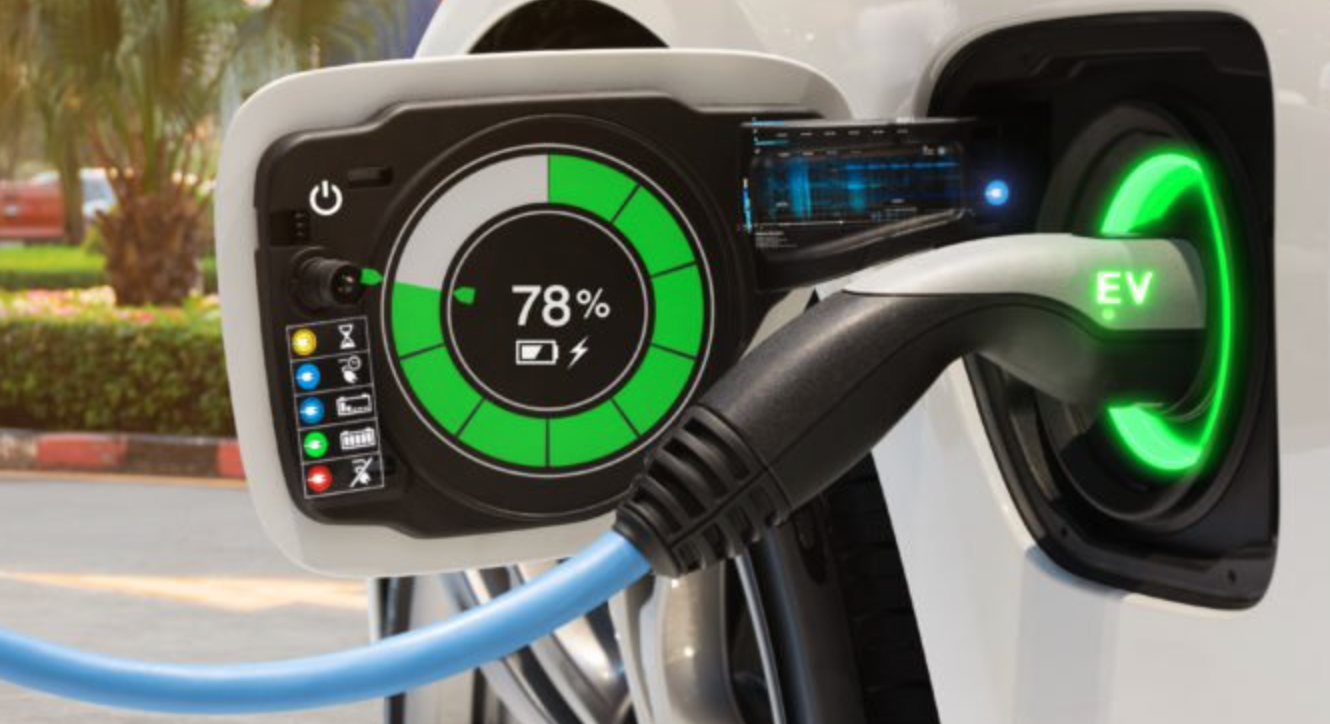- Under pressure from the auto industry, the Biden administration is broadening the definition of SUVs so that more consumers can receive a federal tax credit for buying electric vehicles (Bloomberg). But these bigger, heavier vehicles are equally dangerous for cyclists and pedestrians, regardless of how they're powered.
- A key selling point for massive EVs with massive batteries is that they can keep your house running during a natural disaster when the U.S.'s decrepit power grid fails. (Washington Post)
- Unsurprisingly, people live in walkable neighborhoods exercise more and are less likely to be obese, according to a Boston University study. (Futurity)
- Bike advocates shouldn't be too timid to demand just a fraction of the funding roads receive from even the most bike-friendly cities. (Resilience)
- Philadelphia has been waiting 110 years for a Roosevelt Boulevard subway, and now is the time to build it. (Business Journal)
- Colorado Gov. Jared Polis is pushing for more e-bike refunds, but the state may not have the infrastructure to support more cyclists. (Community Media)
- Seattle's Sound Transit should build the Ballard Link faster by skipping a second downtown tunnel. (The Urbanist)
- Most of Seattle's $25 million DOT grant for safer streets is set to go to the SoDo neighborhood, where almost half of fatal crashes occur. (KUOW)
- Omaha's Vision Zero website is a step forward for transparency despite slow progress. (The Reader)
- A group of Dallas K-12 students is calling for fare-free transit so they can access the city's many museums and other amenities. (D Magazine)
- Louisville is installing asphalt art at four downtown intersections to make them more visible to drivers and improve pedestrian safety. (Smart Cities Dive)
- Nice, France, is testing new video software that catches motorists blocking bike lanes. (Road)
Stay in touch
Sign up for our free newsletter
More from Streetsblog USA
Americans Demand Congress Fund Active Transportation In Next Infrastructure Bill — And Not Just The Bike/Walk Advocates
A "back to basics" surface transportation bill — as Republicans are seeking — would be devastating for road safety and small businesses.
Friday’s Headlines Take a Lot to Laugh, Take a Train to Cry
I ride on a mail train, baby. Can't buy a thrill.
Talking Headways Podcast: The Future of Transit
Yonah Freemark talks with Jeff Wood about the state of the trains across the world.
Are Roundabouts Just For Rich People?
And if not, how do we get more of them in the low-income neighborhoods that need life-saving infrastructure the most?
Thursday’s Headlines Need Alternatives
Economics 101: Competition brings down costs.
How Recreational Cycling Can Lead to Safe Streets For All
These cities are leveraging joy to fight for connected communities.






